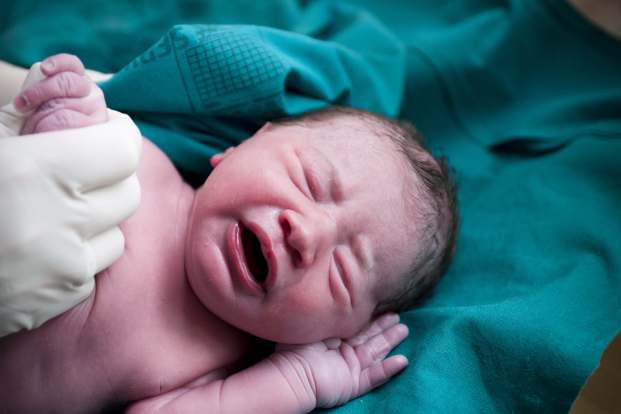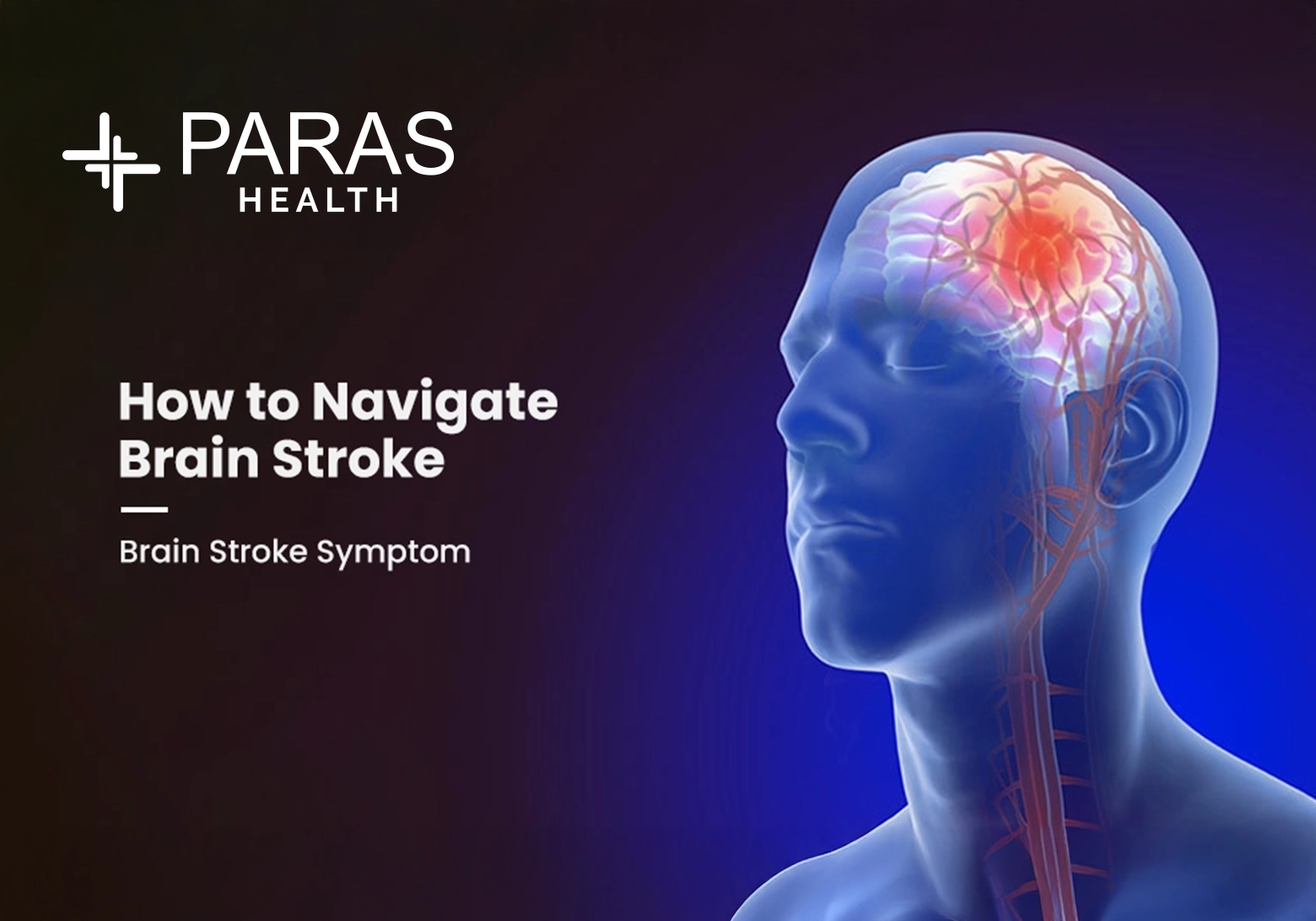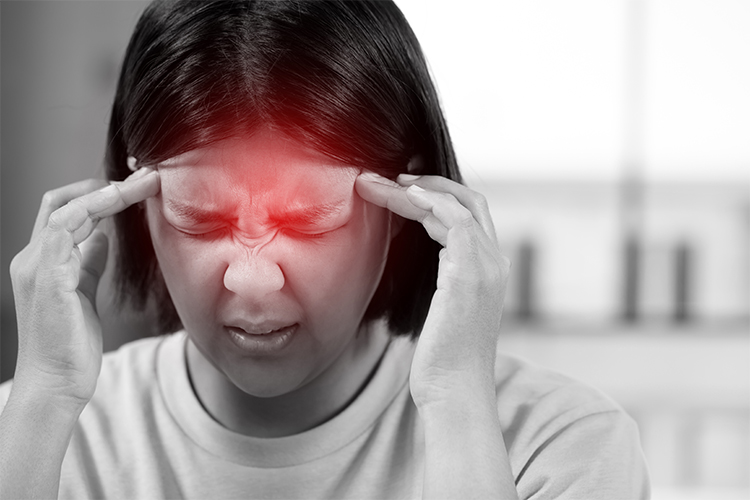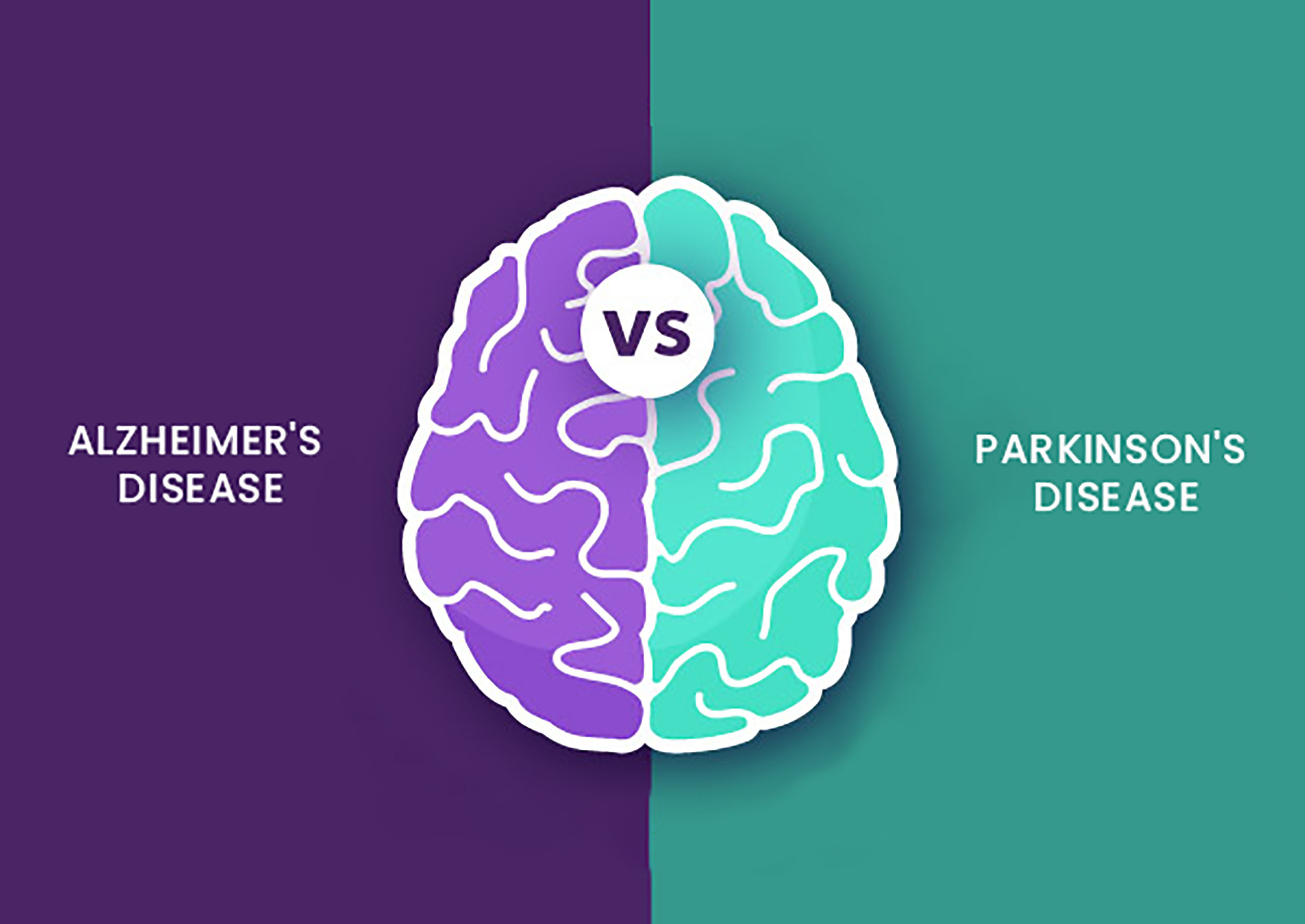Causes of Cerebral Palsy in children

Apr 19, 2022
Cerebral palsy
CP or Cerebral palsy is a disorder which affects, movement, motor skills and muscle tone. CP hinders the ability of our body to move within a purposeful and coordinated way. It can also affect the other body functions which include muscles and motor skills such as breathing, eating, talking and bladder & bowel control.
Cerebral Palsy results from damage of brain which occurs prior to or during the birth of a baby or even during the 1st 3-5 years of the life of a child. Damage of brain can also cause other problems such as hearing, vision & learning issues.

Types of Cerebral Palsy
- Spastic Cerebral Palsy which results in movement difficulties & stiffness
- Dyskinetic or athetoid CP- which results in uncontrolled movements
- Ataxic CP-which results in problems in depth & balance perception
No cure exists for cerebral palsy but the quality of life of a suffering child can be improved with below:
- Treatment which may include surgery
- Therapy involving physical therapy, speech therapy and occupational therapy
- Special equipment for helping children to get around & communicate with other people
CP does not become worse across time.
Causes of CP
The reason for cerebral palsy is not always known. However, many cases occur when the brain of a child is still growing, like before birth or even in early infancy. This could be because of:
- Infections during pregnancy
- Genetic disorders
- Stroke either in womb or post birth
- Untreated jaundice
- Medical issues in mother during pregnancy
In rare cases, Cerebral palsy occurs during the birth of a child as something goes wrong.
Babies born early or premature babies have greater possibilities of having cerebral palsy as compared to the full-term babies. So do the other low-birth weight babies & multiple births like twins &triplets. Damage of brain during infancy or early childhood cal also result in Cerebral Palsy. i.e. A Toddler or baby may suffer the damage from:-
- Lead poisoning
- Poor flow of blood to brain
- Bacterial meningitis
- Being shaken as an infant.
- Met with a car accident







